Immigration lawyers
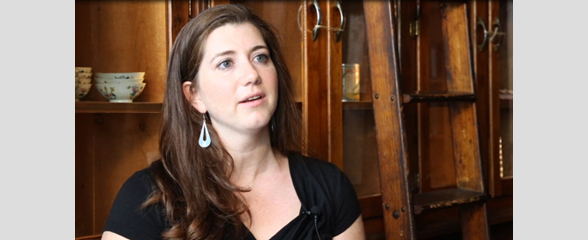
2018.034.001 Oral History Interview with Genia Blaser
In this oral history interview, Genia Blaser shares her experience working as a staff attorney at the Immigrant Defense Project and how her work informs contemporary immigration laws and policies. She talks about how she is connected to the Golden Venture story and what must be done to bring about meaningful change to help at-risk immigrant communities in the United States today.
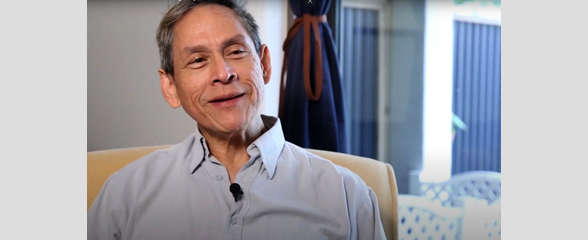
2018.034.003 Oral History Interview with Fernando Chang-Muy
Fernando Chang-Muy has had a long career in immigrant and refugee legal advocacy, including as staff attorney and Director of the Southeast Asian Refugee Project at Community Legal Services in Philadelphia, and as Legal Officer for the UN High Commissioner for Refugees (UNHCR). He currently teaches Refugee Law and Policy at the University of Pennsylvania School of Law, and Social Work and Immigration in its Graduate School of Social Policy and Practice. At the time of the Golden Venture, he was involved in training attorneys in York County to represent Chinese immigrants who had been transferred to the local immigrant detention center. In his brief historical overview of the then existing legal infrastructure, Chang-Muy explains that asylum law was relatively new and legal practitioners were few, thus highlighting the importance of the Pennsylvania Immigration Resource Center’s (PIRC) development of legal training. His historical overview also covers the 1986 Immigration Reform and Control Act, the 1996 Illegal Immigration Reform and Immigrant Responsibility Act, a history of America as country of immigration and refuge for Quakers, Chinese, Central Americans, Syrians and other groups, the raising and lowering of refugee resettlement quotas under various presidents, and attempts to stop the entry of Muslim refugees in the era after 9/11. He gives in-depth legal expertise on the applicability of due process to the Golden Venture Chinese, reasons for prolonged detention, and issues of concern in the immigration detention and asylum process and system. Chang-Muy then pivots to discuss desired visitor takeaways from the MOCA FOLD Exhibition. The oral history ends with a brief discussion of his personal and family history, including the immigration of his father from Cuba as a refugee, and its influence on his decision to pursue a career in immigration law.
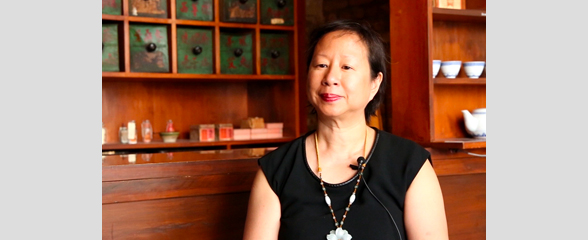
2018.034.007 Oral History Interview with Elizabeth OuYang
Elizabeth OuYang is a Chinese American attorney who has advocated for immigrant and Asian American civil rights for more than three decades. At the time of the Golden Venture, OuYang was a staff attorney at the Asian American Legal Defense and Education Fund (AALDEF) tasked with advancing voting rights and prosecuting hate crimes, and in this capacity, she assisted with interviewing Golden Venture Chinese who were detained at the Varick Street detention center. In addition to this work, topics of her oral history also include the legal landscape of immigration in the 1990s and post 9/11; her work representing Arab Muslims and South Asians; the impact of the broken immigration system and Trump administration on undocumented immigrants; the rise in hate crimes against Chinese and Asian Americans following the grounding of the Golden Venture; and desired visitor takeaways from MOCA’s FOLD exhibition.
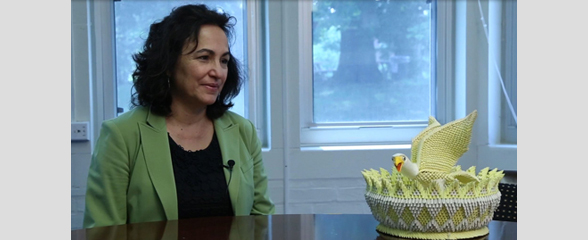
2018.034.008 Oral History Interview with Mary Studzinski May 18, 2017
This oral history focuses on Mary Studzinski, the Executive Director of the Pennsylvania Immigration Resource Center (PIRC) in York County, Pennsylvania. Mary discusses the history and role of PIRC in serving immigrants in detention, which began in response to the Golden Venture. The organization’s operations include educating immigrants about their legal options and guiding them through the asylum application process. She also discusses how circumstances have changed for immigrants under the Trump administration, and the repercussions of the 2017 executive orders on community safety, economies, children, and families across the country.
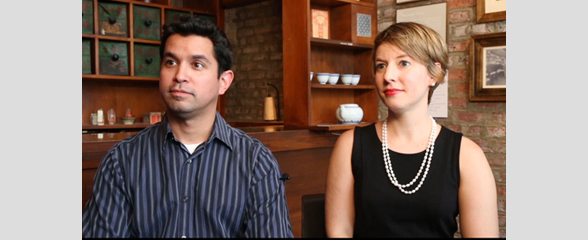
2018.034.009 Oral History Interview with Claire Thomas and Ernie Collette July 21, 2017
This interview, led by a law professor and staff attorney, goes over immigration policies and detention facilities of the United States and how those policies have become shaped by the Golden Venture cargo ship. Golden Venture smuggled undocumented immigrants from China into the United States (Rockaway, Queens) in 1993. Claire and Ernie discuss the 1986 and 1996 immigration acts and how they changed within a decade. These policies, which were once welcoming to undocumented immigrants and immigrants looking for asylum, turned hostile post 9/11. The Homeland Security Act, which was introduced in 2002, largely impacted immigrants and ethnic communities that resided in the United States. Claire and Ernie describe the living conditions and locations of detention facilities throughout the United States. They also discuss the unjust process of deportation of undocumented immigrants during their check-ins with U.S. Immigration and Customs Enforcement (ICE). These strict policies end up breaking up families and leaving unaccompanied children, even infants, in juvenile detention centers.